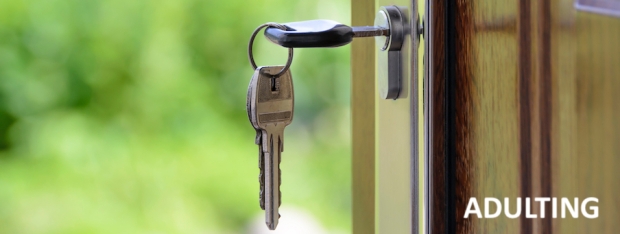
For most of my life, I had wanted to be an expert. I wanted to be looked up upon for specific knowledge or intelligence, or smarts in some area. There were of course, some areas I was more keen on than others. And as I read more, and gravitate towards specific topics, I wanted more and more to be known as an expert in those subject matters. The problem is that I was curious about many other things as well; in things I would not consider myself expert in (yet).
So then my knowledge starts to broaden, and I get to know a lot more about a variety of things. And I begin to see patterns across the domains. And I begin to think of expertise less like a deep hole, and more like a network of connections across disparate bits of knowledge that others might not recognise as fitting together but you, as the expert, can see it. Precisely because of the lots of learning you had to get there – not by hoarding knowledge but by eventually seeing patterns in the knowledge you acquire.
And then you begin to belittle dense knowledge in any single field or narrow buckets of knowledge that serve specific and narrow purposes. You no longer think that an expert is worth becoming; if you were an expert in just one or a few areas, you are losing out so much more of reality worth exploring. Maybe I just need to be reminded that I never was keen on being an expert, just pursuing wisdom more than mere knowledge. And wisdom is truly a more worthwhile pursuit.









